Disclaimer: Please note that I am not medically qualified and this is not medical advice. The information in this article comes from sources which are referenced /linked to, many of which are published scientific research papers, or secondary sources which reference published research. Please consult your health professional about any health issues or concerns.
What you need to know about immunity
- Immunity is your body’s power to fight alien invaders that make you sick.
- You already have many active immune powers – your skin barrier, stomach acid and gut bacteria, mucus, coughs and sneezes, fevers and killer cells in your circulatory system.
- You can maintain and support your immune powers by eating more plants, exercising, controlling stress and good sleep.

Why is it important to support your immunity if you have Gilbert’s Syndrome?
Your liver works between your gut and your blood system. It supports both of these and the cells needed to fight disease.
If you have Gilbert’s Syndrome, you may become jaundiced when fighting infection, and when recovering from a virus. You might feel tired for longer and after the virus has gone it could take a while to get back on your feet. It’s not clear exactly why you may experience these symptoms, but the liver is involved in so many elements of immunity that it works over-time when you are sick. By looking after your immune system you give it the best chance of working well and recovering quickly from any illness.
You can read more detailed information on liver and immunity here : https://www.nature.com/articles/cmi20163 https://aasldpubs.onlinelibrary.wiley.com/doi/10.1002/hep.22034
If you want to know more about your immunity superpowers and how you can master them, read on…
Our immune system is working for all of us all the time – not just during a pandemic. Our clever bodies fight off many threats, not just viruses. We use our immunity to kill bacteria, remove toxins, heal wounds and fight cancer.
During the Covid19 pandemic scientists around the world worked to understand immunity and the impact of a virus on individuals and society. We have learnt a lot that we can use to build up our long term health and immunity. We could live longer healthier lives as a result.
What is immunity?
https://medlineplus.gov/ency/article/000821.htm
We all start life with the basics of immunity. Our immune defences include a skin barrier, stomach acid, mucus in our nose and a cough reflex. These are part of how our body responds to harmful invaders. If bacteria or viruses get past our frontline barriers, then other systems kick in, and we may develop a fever or inflammation which also kill invaders.

Our protective cells
Within our body tissues, and in our circulatory system, we have cells that respond to protect us, such as white blood cells. These produce antibodies (here’s a link to a description of antibodies: https://my.clevelandclinic.org/health/body/22971-antibodies) and cytokines (here’s a link to a description of cytokines: https://www.verywellhealth.com/what-are-cytokines-189894) which are cells that attack harmful viruses and control how your immune system responds. White blood cells are also attracted to places where our body is damaged, by chemicals such as histamine. When white blood cells collect together the damaged part swells, helping the body to isolate and deal with any harmful substance.
We are born with some of our immune system in place, but we then develop immunity as our bodies encounter new substances. Vaccines teach our bodies to respond to a harmful virus, in a very small amount, without experiencing the full virus.
Because our immune system involves so many parts of the body, from our liver, bone marrow, to spleen and our lymphatic system, as well as individual cell types, overall health is really important.
There’s so much we DO know and
much MORE
we DON’T know about immunity
Some things we’ve learnt from Covid19
Our understanding of immunity has changed a lot in a short period of time. Scientists have had the opportunity to study immunity in many millions of people around the world because of the widespread Covid19 virus. This sort of data gives us much better quality information than the usual research samples of small scale studies in an artificial environment on (usually) young healthy male humans.
Nutrition and existing health problems measurably impact Covid rates and recovery
A study from the UK Biobank of 500,000 participants showed lower rates of COVID in those consuming the most vegetables and coffee, and higher rates in those eating the most processed meats2. (Plant Based Health Professionals fact sheet September 2022 https://plantbasedhealthprofessionals.com/wp-content/uploads/Nutrition-Immunity-and-Covid-19-for-Health-Professionals-060922.pdf )
There’s no doubt that having other chronic health problems impacts how badly you suffer from a virus such as Covid19 or flu. Obesity, hypertension, high cholesterol, and type II diabetes – all of which are widespread in the UK, USA and other westernised countries, leave you with a higher risk of going to hospital when you have a virus. Fortunately these are chronic health problems which can be tackled through changes in diet and lifestyle.
One study of almost 600,000 UK & US participants, showed a 9% lower risk of contracting COVID, and a 41% lower risk of severe COVID in those eating a healthy plant based diet.(Plant based health professionals fact sheet September 2022 https://plantbasedhealthprofessionals.com/wp-content/uploads/Nutrition-Immunity-and-Covid-19-for-Health-Professionals-060922.pdf )
Of course there are many other conditions, social and economic impacts as well as lifestyle which will influence your immunity. A good healthcare system is another important factor! Some of these can be managed and controlled. This article looks at how to give yourself the best chance of supporting your immune system alongside these challenges.
Age
Age plays a part in immunity. Usually, young children and older people have less robust immune systems. Covid19 is an unusual virus as it doesn’t affect young people as much as older people or other adults. The best way to protect younger or older people from viruses is to ensure they have a healthy diet, spend time being physically active, and are kept protected from potentially life threatening viruses. For children, vaccines and some exposure support the development of their immune system.
Gut microbiome
There is a lot of emerging data that shows that the health of your gut bacteria (all the different types of bacteria together are called the microbiome) play an enormous role in your immune health. https://gut.bmj.com/content/70/4/698 . Over at Zoe they have done an incredible amount of research looking at the gut microbiome and health https://joinzoe.com/learn/gut-health-and-immune-system . It now appears that this part of our body is responsible for much of our overall health like a central government ruling a nation.
The best way to feed the gut is with plants. Lots of different types of plants. A healthy gut will keep down inflammation in your body, reduce auto-immune conditions, help you overcome infection, balance your blood sugar and fat levels in your blood. It will protect you from many chronic and acute health problems.
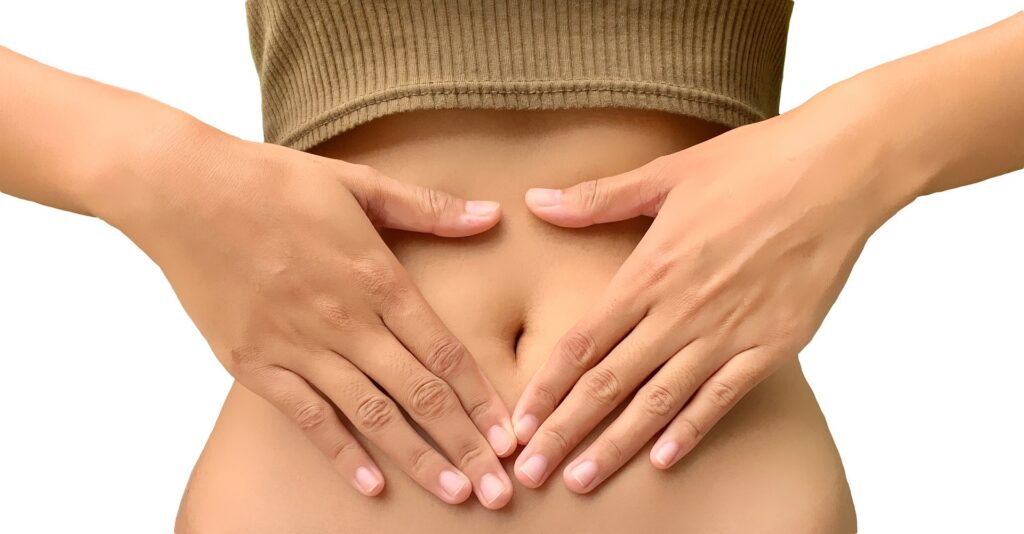
According to David Heber MD, PhD, Professor emeritus at UCLA
“70% of the immune system is located in the gut, where diverse bacteria is best.” https://connect.uclahealth.org/2021/03/19/want-to-boost-immunity-look-to-the-gut/
“The microbiome and the immune system are critically intertwined,” says Jonathan Jacobs, MD, PhD, a professor of digestive diseases at the David Geffen School of Medicine at UCLA. “What’s present in the gut determines what education immune cells get.”
“Dietary diversity and microbial diversity go together,’ Dr. Jacobs says. ‘The typical Western diet, which is high in animal proteins, sugar, processed foods and saturated fat, results in less-diverse gut bacteria and promotes inflammation and chronic disorders”, he says.
Fortunately, it appears that Gilbert’s Syndrome itself does not have a negative effect on the gut microbiome, (you can read more in this link: https://www.frontiersin.org/articles/10.3389/fcimb.2021.701109/full ).
4 KEY factors
There are 4 key factors that affect immunity (and the gut) : diet, exercise, stress and sleep.
Diet
Three little words I offer to everyone who consults me as a health coach are ‘eat more plants.’ If you do nothing more than this, your body will thank you. Your gut and your liver will both work much better the more plants you eat.
Plants are anti-inflammatory. Although short term inflammation is good for beating alien invaders, in many people it becomes a long term condition which harms the body. This can lead to heart problems, bowel, disease, arthritis and cancer. Plants have chemicals and nutrients that feed your cells and organs – helping them to stay strong and work better.
If you have Gilbert’s Syndrome you could focus on ‘cruciferous’ veg such as broccoli, brussel sprouts, cabbage and cauliflower as these are great for your liver function. Read more about the liver fortifying diet here: https://gilbertssyndrome.org.uk/the-liver-diet/
If you need to build up your veg eating tolerance, you can start with some easy swaps or inclusions eg add more peppers, courgettes and tomatoes (tinned are great!) to a pasta sauce; lots of veg can make a tasty mash – parsnips, carrots and squash, not just potatoes; curries, casserole, stews, soups, tagines, pies, pasties, fajitas, wraps, etc can all have added veg that will enhance texture, flavour and be fabulous for your health.
Try to eat what’s in season as this will be more affordable. Reducing animal products will also be better for your wallet as well as your health. A health coach can give you lots of support to include nutritious food that works for your situation.
With the added fibre you’ll feel fuller for longer and your blood sugar will be more stable giving you more energy over time. Your gut bugs LOVE fibre.
For a more detailed post on a diet for your liver go here https://gilbertssyndrome.org.uk/the-liver-diet/
You can find recipes here https://gilbertssyndrome.org.uk/recipes-for-your-liver/ and a recipe leaflet as well as more advice here https://gilbertssyndrome.org.uk/tips-for-gilberts-syndrome-and-holiday-celebrations/
Exercise
This review of work around Covid looks at exercise and immunity https://www.ncbi.nlm.nih.gov/pmc/articles/PMC7387807/#:~:text=The%20practice%20of%20physical%20exercises,as%20well%20as%20cell%20recruitment.
Exercise helps your body in lots of ways – keeping your body fat down, supporting healthy muscle tissues and blood vessels and reducing inflammation. All of these contribute to the chemical reactions which ensure your body has the powers it needs to deal with infections.
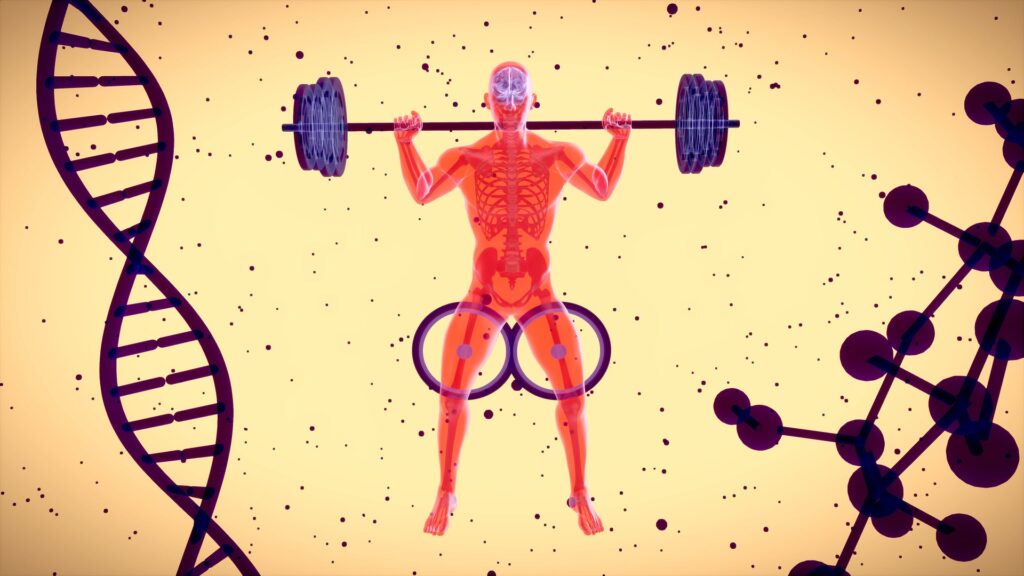
It’s really important to maintain physical fitness through movement as you age. Recent studies show that you will be less likely to die from all causes if you build muscle strength.
You can read more about muscle and its relationship with immunity and infection in these two pieces, which cite research material.
“Muscles produce and release compounds which play an important role in the creation, activation, and distribution of some immune cells. They are also key sources of amino acids used by the body during stress or infection.“ https://timesofindia.indiatimes.com/blogs/voices/impact-of-poor-muscle-health-on-bodys-immunity/
“Muscles produce and release compounds which play an important role in the proliferation, activation and distribution of some immune cells.2 And while additional research is needed, data suggests loss of muscle mass is associated with compromised immunity and infections.3,4 “ https://www.nutritionnews.abbott/healthy-living/aging-well/minding-our-muscles-for-immune-health/#:~:text=Muscles%20produce%20and%20release%20compounds,distribution%20of%20some%20immune%20cells.&text=And%20while%20additional%20research%20is,with%20compromised%20immunity%20and%20infections.
So what do I mean by exercise? It really varies depending on your personal situation.
For people with Gilbert’s Syndrome, whose symptoms could be triggered by sudden high intensity exercise, as well as other people who may not be used to exercise – low to moderate intensity exercise is the best place to start. If you have been very unwell or are out of condition then the smallest movement will be a positive step. Lots of conditions affect your ability to exercise, through pain or exhaustion, or feeling sick. You may need help to pace yourself as you achieve greater fitness.
Ideally you would achieve a good amount of moderate intensity exercise. A brisk walk, heavy cleaning, playing tennis or cycling could be considered moderate intensity. Up to 90 minutes of exercise in one go is optimum, but even half an hour of brisk walking will benefit you.
You can develop your fitness alongside a physiotherapist or coach, who can guide you through appropriate movements for you.
If you feel able to tackle more exercise yourself you can find more examples of different exercise levels here https://www.hsph.harvard.edu/obesity-prevention-source/moderate-and-vigorous-physical-activity/#:~:text=Moderate%2Dintensity%20activities%20are%20those,burn%20more%20than%206%20METs.
Exercise that supports your cardiovascular system is only one kind that will benefit you. As you get older it’s really important to ensure you have muscle strength as muscle tissue decreases every year as you age.
Strength exercises play a crucial role in staying healthy and strong. Squats, push ups (even on your knees), roll ups, bicep curls and lunges are the top strength exercises and you don’t need a gym or special equipment to do them. You can find more details on how to do those exercises here https://gethealthyu.com/strength-training-moves-for-women-over-50/ If you aren’t used to them just start with one or two repetitions to get your body used to the idea. It won’t take long before you progress.
I would add that if you have Gilbert’s Syndrome and you are having a symptom flare up – don’t over do it! Gentle exercise is better than none, but you don’t have to push yourself. You’ll only take longer to recover if you force yourself to exhaustion. Moving around a bit usually helps, unless you are flat out. It’s usually better for your mind and body to have a gentle walk than stay in bed all day.
Stress
Stress is a word that means different things to different people, so let’s take a minute to think about what it is. Stress can be good and bad. If it’s too much stress over a longer period of time then you will likely experience symptoms such as an impact on your immunity.
Good stress is energising, gives you a buzz and is motivating. Short term acute stress actually temporarily enhances your immune system, as we’ve evolved to deal with and survive sudden attacks.
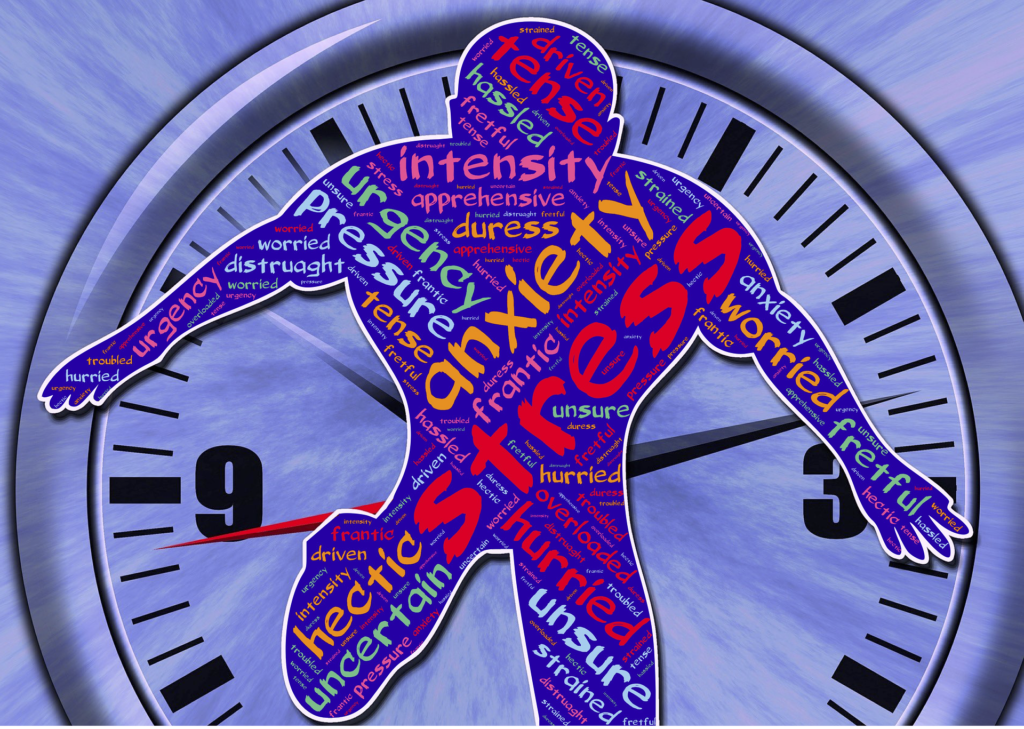
Bad stress, over a period of time, will do the opposite – you may feel paralysed or overwhelmed. You may be running around madly but feel like you are achieving little. Feeling tearful or short tempered a lot of the time are symptoms of too much stress. You may respond differently to a stress such as a deadline or sudden additional life task depending on what else is going on in your life. If you have space and time then it may feel good to focus on those tasks, but if you have an already overwhelming list or lack sleep, or feel ill, then it could feel unachievable.
This study of 30 years of research https://www.ncbi.nlm.nih.gov/pmc/articles/PMC1361287/ shows how your body’s psychological response to a stress can ‘upregulate’ some of your body systems and ‘downregulate’ others, including your immune system.
You may have heard of ‘fight or flight’ which is one way your body systems respond to psychological stress. This is a really shorthand way of saying that your nervous system has evolved to respond to threats. These are very physical responses, but the stresses of modern life are not physical – an exam, test, aggressive client or boss, bad driver, rude shop assistant etc. Some of these involve short term reactions – an increase in adrenaline and heart rate. Some of them are long term stressors such as grief or a divorce, the wrong job or caring for a disabled relative 24/7 with no respite. With repeated acute stresses, or longer term stress, your body is continually ‘disregulated’, flooded with stress hormones and altered physiological responses that are bad for your immune system longer term.
Simply put, your body wants to respond to the stress and move on. When you can’t do that then it can be harmful to your body, mind and immune system.
A note on trauma. It’s now accepted that traumatic situations that happened earlier in life can have a long lasting effect on your mind and body. In particular events in childhood form the way your body and mind will respond in the future. https://www.ncbi.nlm.nih.gov/pmc/articles/PMC5143500/ In this research observation in people shows that inflammation is increased in those who experienced trauma when children. Stimulation of the stress response when young also affects how the brain develops. There is so much more to understand in this area and we are just scratching the surface of immunity and stress and trauma in particular.
But what can you do? You may feel stress is outside of your control, or is something that happened in your past and you can’t now change it. Maybe you feel powerless.
You always have power against stress.
The most important way to deal with stress is to notice it. Don’t get drawn into response, notice you are feeling stressed, overwhelmed, angry, irritable, tired, upset. Say to yourself ‘ I notice I am feeling x’, label it and give yourself a moment of distance. It can be enough to break a spiral downward.
Regular breathwork and meditation will also manage your body’s responses. Using just your breath will instantly send your body signals that you are calming down. Longer term, meditation will reduce your reactive stress response.
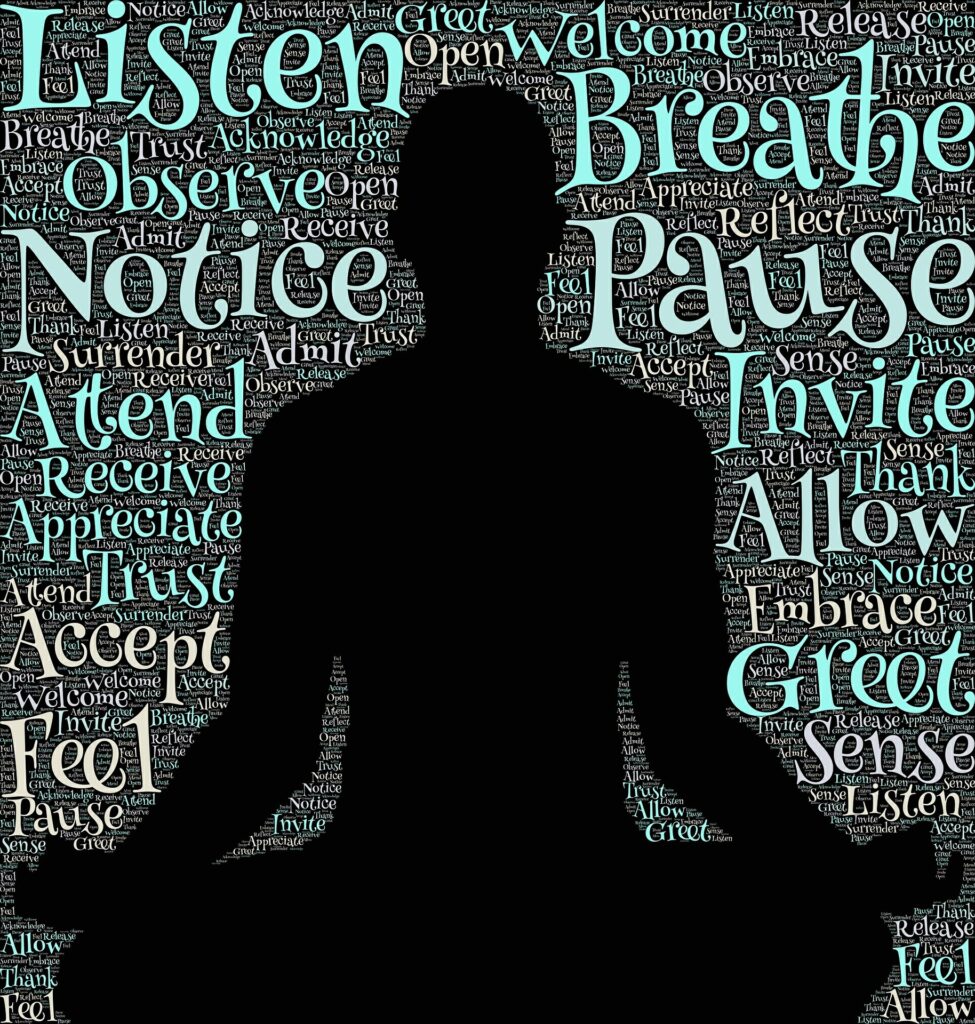
With trauma or deeper issues it’s important to get help. You may find you are stuck in repeated behaviours or thoughts that you need support to manage. Like getting a plumber to repair or service your heating system, your body and mind are systems that need repair and maintenance too. Sometimes you can get away with DIY, sometimes you need a professional to help you.
I have lots of resources to help you manage stress and anxiety on the resources page https://gilbertssyndrome.org.uk/resources/ , and in these posts, https://gilbertssyndrome.org.uk/hack-your-liver-to-improve-your-mental-health/ plus the Essentials of Gilbert’s Syndrome course (available from November 2022 https://gilbertssyndrome.org.uk/free-foundation-course-to-understand-gilberts-syndrome/ ).
Sleep
Sleep impacts your immune system, and the reverse is also true!
Rest is key to your body and mind’s ability to repair and regenerate. But did you know that sleep also influences how effective a vaccine is? Just one good night of sleep following a vaccination can enhance the antigen activity (https://en.wikipedia.org/wiki/Antigen) https://www.youtube.com/watch?v=qCRwuxDpthY&ab_channel=By%3ARachelTaylor
https://www.sleepfoundation.org/physical-health/how-sleep-affects-immunity
In fact, during sleep parts of our immune system actually ramp up, taking advantage of the down time to get some jobs done whilst you aren’t using your energy to move about.
There’s also no doubt that poor sleep can add to the likelihood of developing chronic health problems such as diabetes and heart problems.
You can read more about the science behind what happens when you sleep in your body that strengthens your immune system here https://www.ncbi.nlm.nih.gov/pmc/articles/PMC3256323/
‘Sleep and the circadian system exert a strong regulatory influence on immune functions. Investigations of the normal sleep–wake cycle showed that immune parameters like numbers of undifferentiated naïve T cells and the production of pro-inflammatory cytokines exhibit peaks during early nocturnal sleep whereas circulating numbers of immune cells with immediate effector functions, like cytotoxic natural killer cells, as well as anti-inflammatory cytokine activity peak during daytime wakefulness. ‘
There are lots of reasons that sleep affects your immunity. Your body has a natural rhythm when hormones rise and fall and which are part of your body’s ability to respond to daily challenges. When these are not synchronised, then your body isn’t equipped to respond effectively to changing energy needs or demands on it. Cytokines – the chemicals/cells that trigger the work of white blood cells that kill invading infections, also ebb and flow with your sleeping patterns.
There’s much more about sleep and Gilbert’s Syndrome here https://gilbertssyndrome.org.uk/sleep-and-gilberts-syndrome/
Top tips to take away
- Most of your immune system is in your gut and the best way to support your gut is to eat lots of different types of plants.
- Exercise helps your body by improving your muscle to fat balance, your cardiovascular system (circulation of blood, lymph and oxygen) and reducing your inflammation levels.
- Managing stress stops longer term damage to your immune system.
- Sleep helps you heal and your body work well every day.
There are no shortcuts to a strong immune system. There are so many working parts to it that you can’t do one thing and expect a miracle cure. BUT –
Your body is a wonderful machine and will respond immediately to positive changes.
If you need support to make those changes, you can speak to a health coach. http://wellandgoodlife.co.uk/

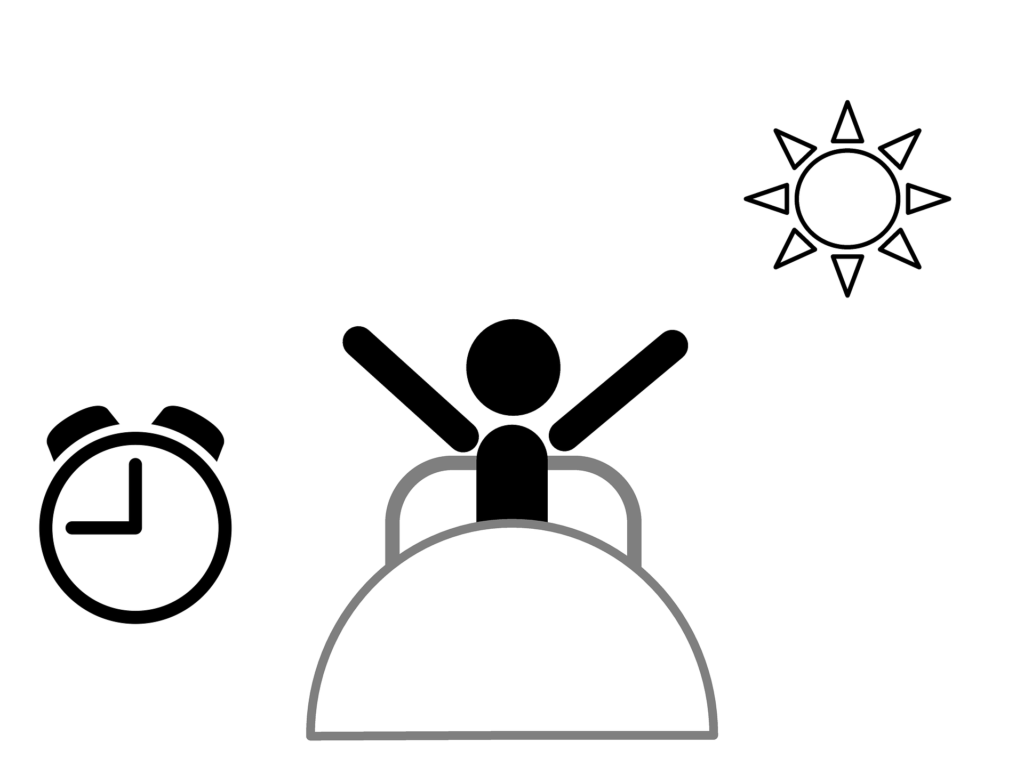

Boosting your immune system is not always a good thing if you have autoimmune conditions, where your body attacks it’s own tissues. I have GS but also PsA and connective tissue disorder, so boosting my immune system will cause me more issues than it resolves in relation to GS.